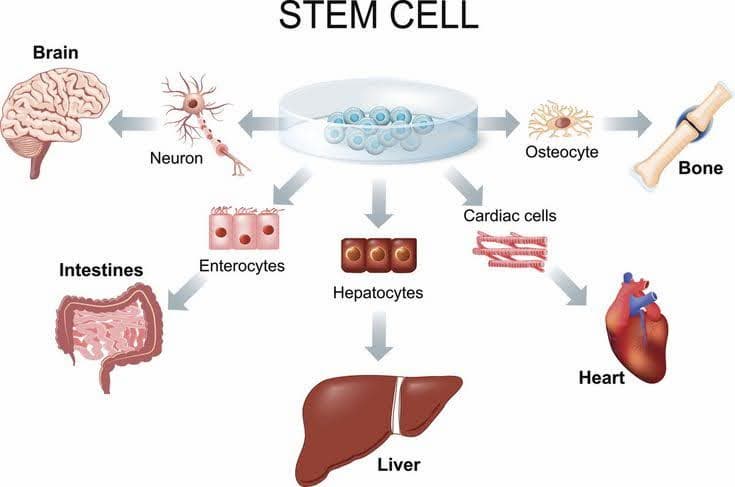Table of Contents
One is by changing into brand-new heart cells that replace damaged ones. Furthermore, they play a vital role in what's called the paracrine impact. This entails releasing various factors that boost tissue repair work and regrowth without actually coming to be brand-new cells. Those variables can reduc/e inflammation, motivate new members vessel growth, and trigger your body's natural healing procedures.
Even if the cells make it through, they still have to attach with the heart's electrical system. Without the required electrical combining, the cells can not sync with the heart's all-natural rhythm.
Scientists are running scientific tests to identify what kind of stem cells work best, just how to deliver them securely, and exactly how to decrease the overall risks included. They are likewise dealing with solutions like using bioengineered helpful scaffolds or gene modifying to enhance performance. Progress is being made on numerous fronts, and each research study gets us a little closer to making stem cell treatment a routine component of cardiac care.
There's likewise early proof that this therapy may lower the risk of cardiac arrest after a cardiovascular disease. Stem cell therapy isn't a treatment allnot yetbut it's aiming us in the ideal direction. As research study proceeds we may soon see a future where the heart can do what as soon as seemed difficult: recover itself.

There are still obstacles, like cell survival and correct assimilation, development is appealing. Future methods and innovations like bioengineering and genetics editing might unlock the complete possibility of stem cell therapies, providing expect individuals managing heart conditions. With cardiac stem cells, there's a chance for your heart to recover itself, causing far better outcomes and a much healthier future.
Breakthroughs in stem cell therapy for Atherosclerosis and what patients are saying
There is no therapy approach that straight reinforces the heart muscle mass other than stem cell treatment. Improvements at various levels were measured in 87% of individuals receiving stem cell treatment for cardiac arrest and heart disease. Stem cells have the capability to deal with sick capillaries when they touch the unwell vein wall surface and they're likewise made use of to treat cardiac arrest by becoming heart muscular tissue cells if there is weakness in the heart muscular tissues.
Therapy is brought out making use of endothelial, mesenchymal stem cells (obtained from the patient's own adipose cells or bone marrow) or fetal stem cells. Stem cells are administered intravenously to the individual.
Atherosclerosis, i.e. vessel rigidity, is the major source of total stopping of blood circulation or reduced blood circulation. Several factors such as high cholesterol, hypertension, cigarette smoking result in development of plaques in the vessel wall surface over time and loss of elasticity of the vessel. These plaques grow gradually, narrowing the blood vessel and can prevent ample amount of blood from entering the vessel (chronic).
Heart condition therapies depend on the type and seriousness of the desease. Intense disorders such as heart assaults call for immediate clinical treatments to reduce heart damage.
There is no treatment method that straight reinforces the heart muscle apart from stem cell therapy. Stem cells have the ability to deal with sick capillaries when they touch the ill vein wall surface. They're additionally utilized to treat cardiac arrest by transforming right into heart muscle mass cells if there is weakness in the heart muscle mass.
Next-gen support for Heart Failure with minimal downtime
They increase the treatment of heart muscle mass inflammation and swelling. Endothelial stem cells (dealing with capillaries) are used for vessel wall surfaces. These stem cells are primarily originated from bone marrow. Mesenchymal or fetal stem cells are utilized together to treat various other aspects impacting the condition. This way, the heart muscle mass, the general autoimmune system and other variables are treated.

The number of cells to be provided is identified according to the age and weight of the person. Therapy is performed making use of endothelial, mesenchymal stem cells (originated from the client's own adipose tissue or bone marrow) or fetal stem cells. The choice is made according to the client's condition.
It boosts within a few hours after heart is harmed and continues to be in such levels for up to 2 weeks. CK-MB - an unique type of Creatine Kinase enzyme, which is mostly discovered in heart muscular tissue.
Navigation
Latest Posts
Regenerative injections targeting Atherosclerosis with minimal downtime
Next-gen support for Atherosclerosis now available
Stem cell injections for Heart Disease now available